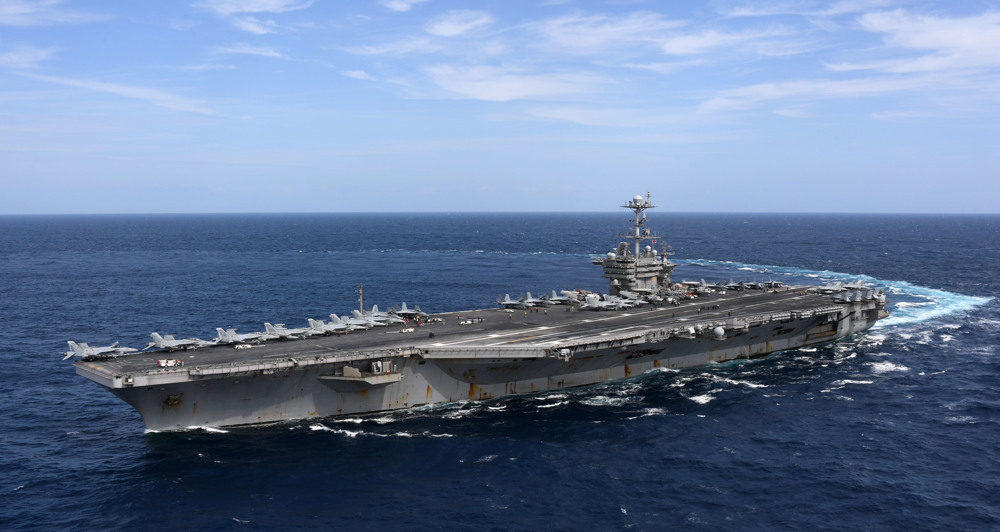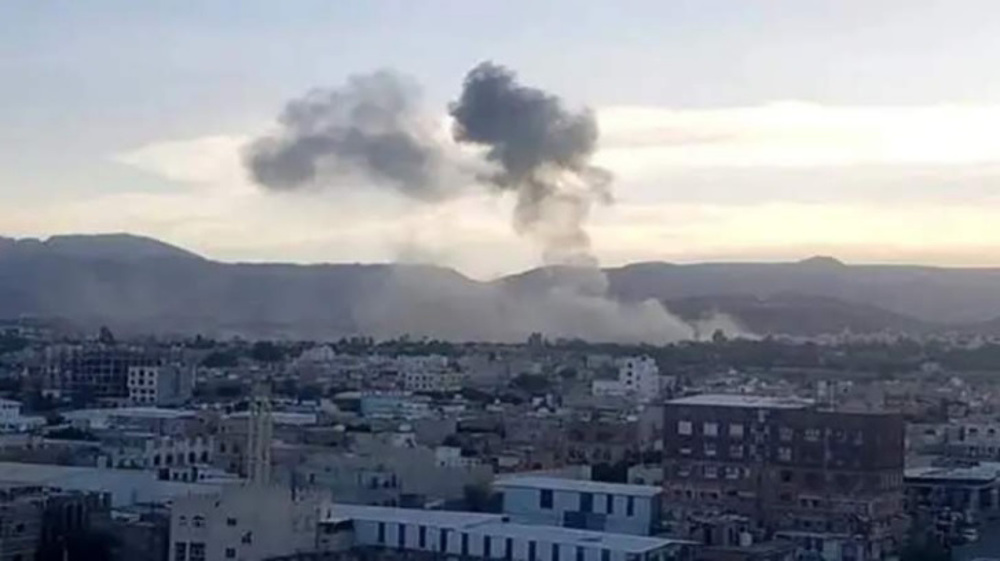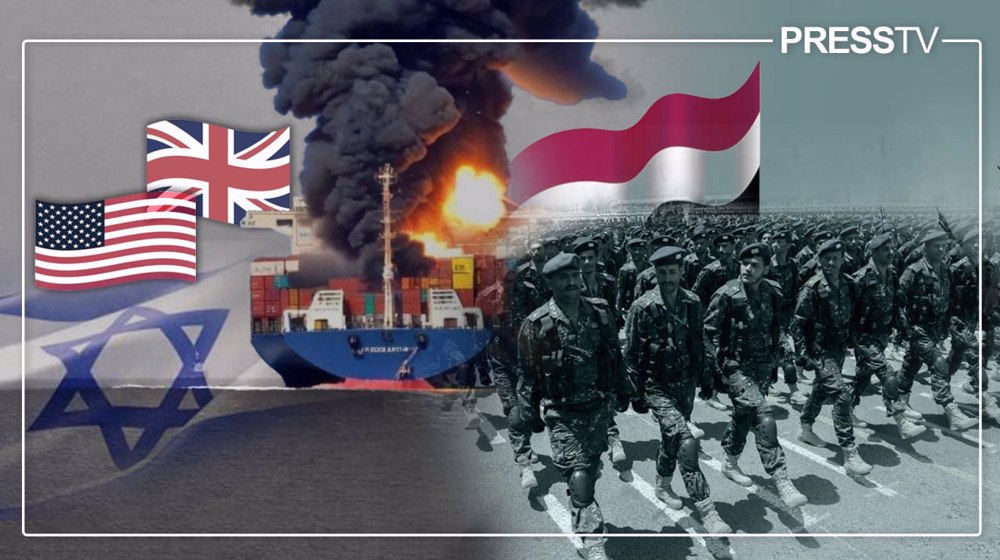Too risky to come home, crew of 'clean' US warship in coronavirus limbo
On any given day, the US aircraft carrier Harry S. Truman can be found off the Atlantic coast of the United States, probably somewhere between Virginia and Florida. Its crew would love to come home to their families. But they can't. They're just too valuable right now.
That's because the Truman is a "clean" ship, free from the coronavirus thanks to a longer-than-expected deployment at sea that started in November. The deployment has kept its battle-ready 4,500 crew out of reach of a pandemic that is wreaking havoc elsewhere in the Navy.
Captain Kavon "Hak" Hakimzadeh and members of his crew described to Reuters in exclusive interviews the mixed emotions of being so close to home, but too precious to pull into port, as the Truman settles into a pandemic-driven operational limbo.
The crew members interviewed said they understood why the Truman needed to remain offshore to ensure combat readiness. The virus ripped through another carrier, the Theodore Roosevelt, infecting more than 1,100 sailors.
The hope is that once the Nimitz aircraft carrier strike group is up and running, the Truman can finally come home. But with the coronavirus proving dangerous and the world being unpredictable, the Navy doesn't want to put a date on the Truman's return.
Being so close to home is a constant reminder for sailors of the strain on their families in the United States, where in just months coronavirus-related deaths have reached at least 62,800, surpassing the number of Americans killed in the Vietnam War.
The Pentagon has been trying to warn adversaries that ships such as the Truman are by no means the exception and the US military remains ready for war despite the pandemic.
In some ways, the Truman is perhaps one of the world's biggest quarantine bubbles. Beyond an increased pace of disinfections on board, the ship's day-to-day activities are much the same as before the pandemic - no testing, no six-feet of space between sailors, according to crew members.
Every entry onto the ship carries risk, so the Truman has stopped everything but essential resupply flights, and under tight controls.
Jan. 15: ‘Axis of Resistance’ operations against Israeli occupation
VIDEO | US fires: Criticism mounts over govt. failure to respond
VIDEO | Fears, hope in Gaza amid intensified ceasefire efforts
VIDEO | Press TV's news headlines
Hamas: Ceasefire agreement result of steadfastness, resistance in Gaza over 15 months
Hamas thanks Iran, Resistance Front following achievement of ceasefire in Gaza
'Capitulation': Israeli officials and media concede Gaza defeat as truce unfolds
'Gaza has won': Social media users react to ceasefire with mix of relief, joy









 This makes it easy to access the Press TV website
This makes it easy to access the Press TV website